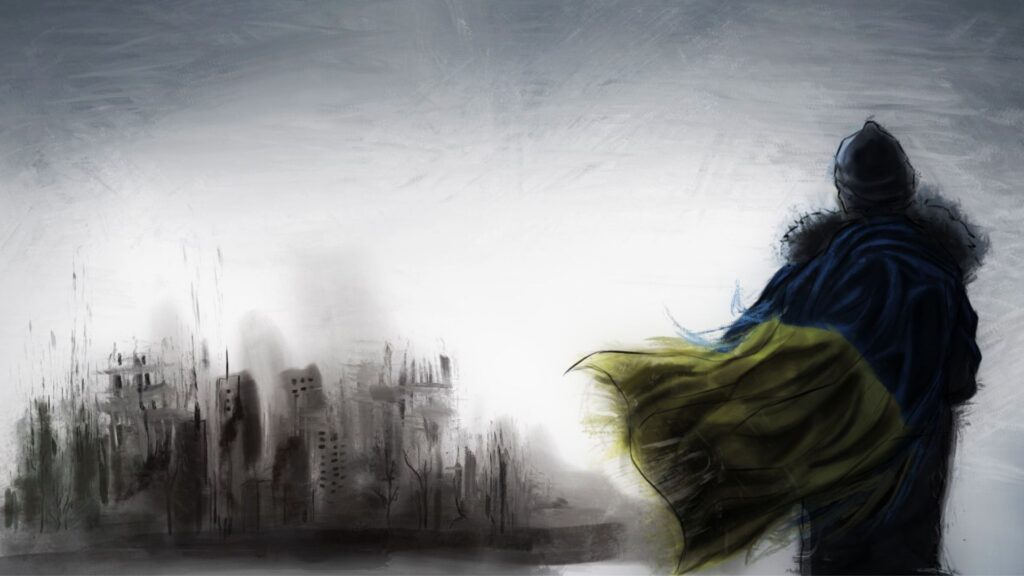How Ukrainian Students At MDC Are Dealing With War In Their Country
A year has passed since Russia launched a full-scale invasion of Ukraine.
It was the largest military attack in Europe since World War II and has created the largest refugee crisis in the 21st century.
According to the United Nations High Commissioner for Refugees, more eight million Ukrainians have left their country for nations like Poland and Germany. More than 8,000 civilians have also lost their lives and UN officials believe the figures are much higher.
While the war has largely remained at a stalemate after a Ukrainian counter-offensive last April pushed Russian forces away from Kharkiv and Kyiv—Ukraine’s two largest cities, Russia recently launched an attack on Southeastern Ukraine.
Last year, The Reporter interviewed five Ukrainian students at Miami Dade College—Alina Turbaievska, Ilya Lykho, Natalya Lapunova, Tetyana Boklach and Val Zinchenko—affected by the conflict.
One year later, these are their stories.
Alina Turbaievska
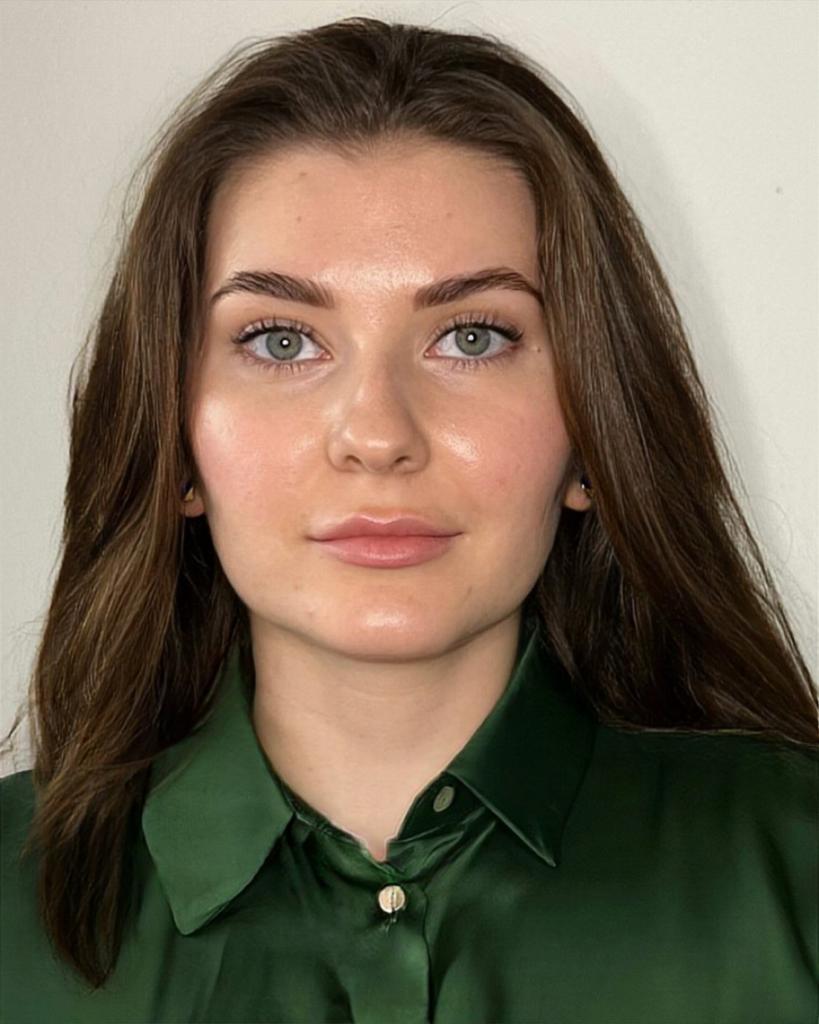
While working on her associate’s degree in pre-veterinary sciences at North Campus, Alina Turbaievska communicates daily through Instagram with her family in Poltava, a city in central Ukraine.
Turbaievska’s family takes refuge from air raids in their basement. Poltava, like much of Ukraine, deals with daily power shutdowns to preserve energy. Her family has adapted by planning ahead for activities using electricity and candles to power their home.
Several of Turbaievska’s friends are serving in the military. She communicates with them daily through Facebook Messenger and Instagram.
“It’s very difficult on the frontline,” said Turbaievska, who discusses aspects of civilian life with them. “If I can pull them away from war for at least 10 to 20 minutes to talk about a movie…I feel like that brings them back to normal life.”
Last December, one of her close friends who served as a helicopter pilot commander died in combat. He had a wife and two children—aged three and five.
Ilya Lykho
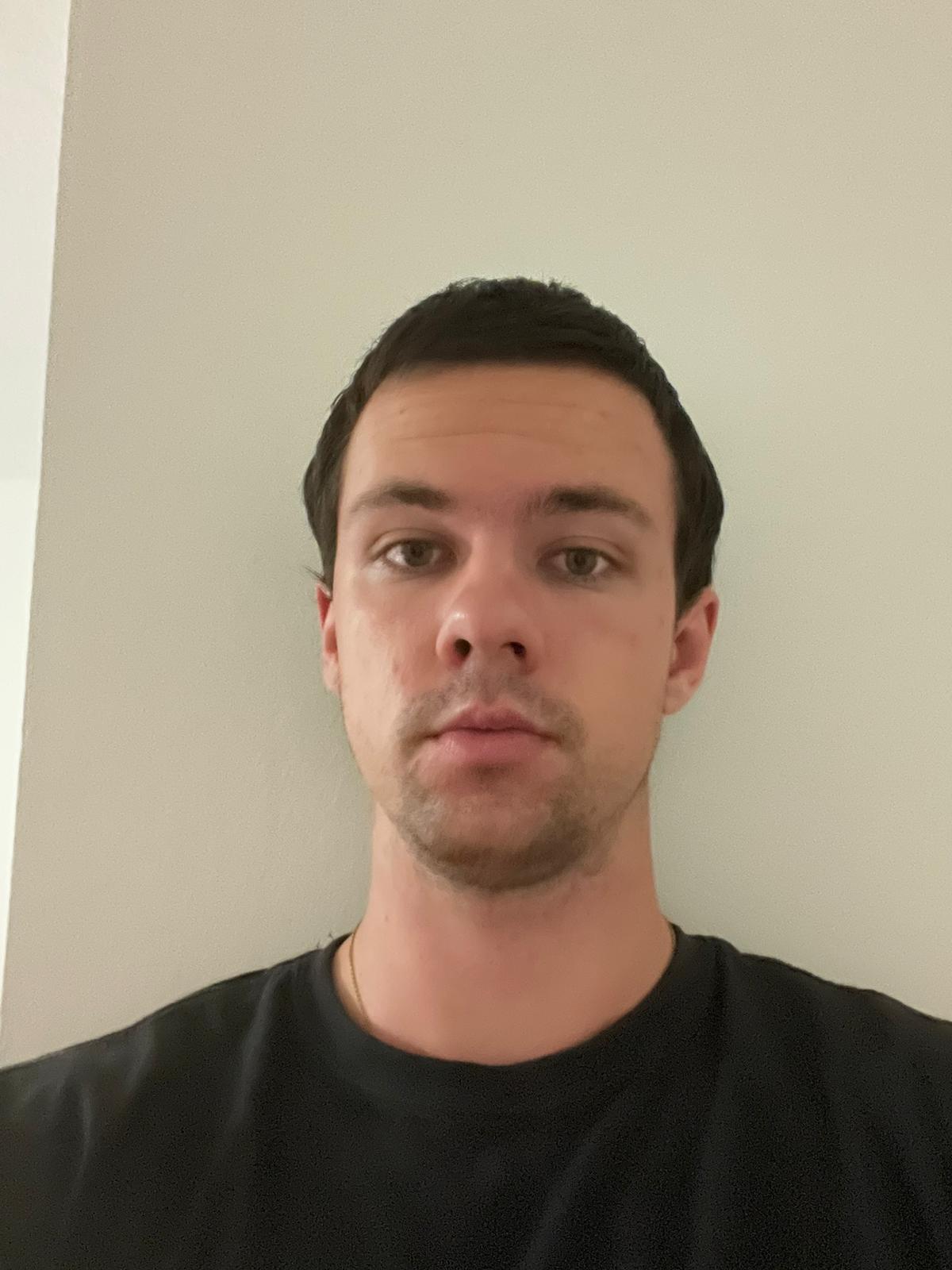
Set to graduate this year with an associate’s degree in hospitality management, all of Ilya Lykho’s grandparents and three of his cousins have stayed in Kyiv and Vasylkiv, a city 20 miles south of Kyiv.
At the peak of Russia’s attack on Kyiv last March, Lykho’s parents sent clothing and money to relatives. Since then, they’ve continued to provide financial support to Lykho’s grandparents, who also live off government pensions.
Lykho’s parents communicate with his grandparents daily through WhatsApp, while Lykho talks with his 20-year-old cousin once a month through discord calls.
Currently, Lykho’s maternal grandmother is in Milan undergoing eye surgery. His great-grandmother, who is 96 years old and blind, lives alone in Kyiv and is taken care of by neighbors who visit her daily.
“I’m glad to see that there’s lots of people helping,” Lykho said. “I hope the war ends soon for the better.”
Natalya Lapunova
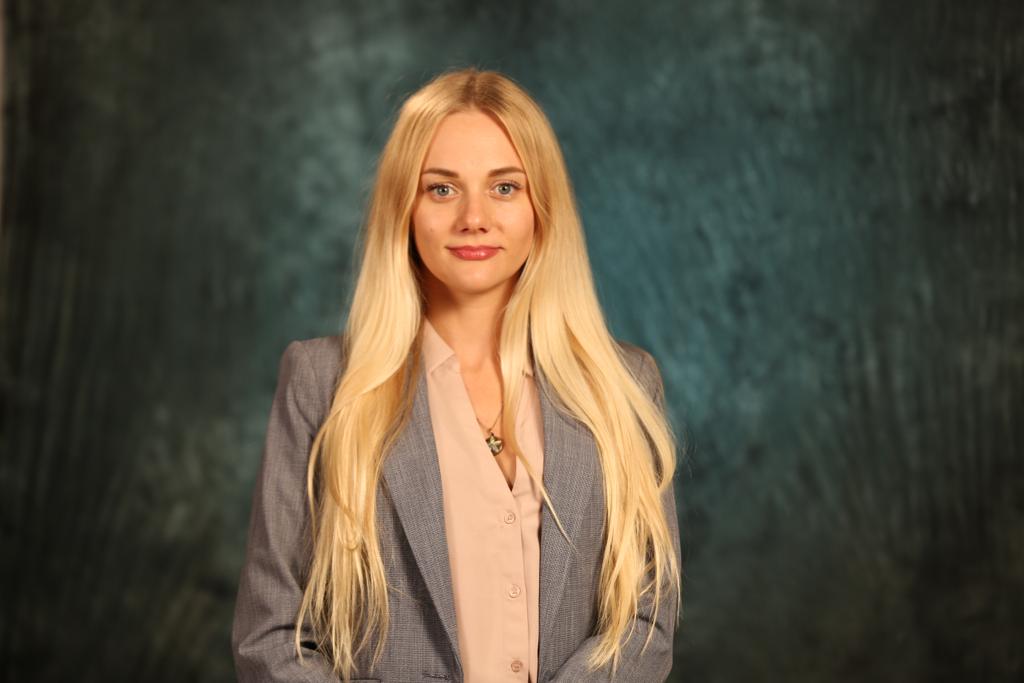
After an airstrike nearly destroyed their apartment last May, Natalya Lapunova’s mother and 91-year-old grandfather, who is also diabetic and partially blind, fled from Kharkiv to Poltava.
They returned to Kharkiv in December. Two months later, Lapunova’s grandfather passed away from a stroke caused by the war’s stress.
Lapunova, a health science physician assistant studies student at Medical Campus, has since returned to Ukraine to be with her mother, who she hopes to bring to the United States through the Uniting for Ukraine refugee program.
Despite much of Kharkiv’s water and electric infrastructure suffering heavy damage from air raids, the city has not faced food or medical supply shortages due to the influx of humanitarian aid.
“This war isn’t going to end anytime soon,” said Lapunova, who practices yoga, meditation and breathing techniques to cope with stress. “We are not going to give any piece of our land without a fight.”
Tetyana Boklach
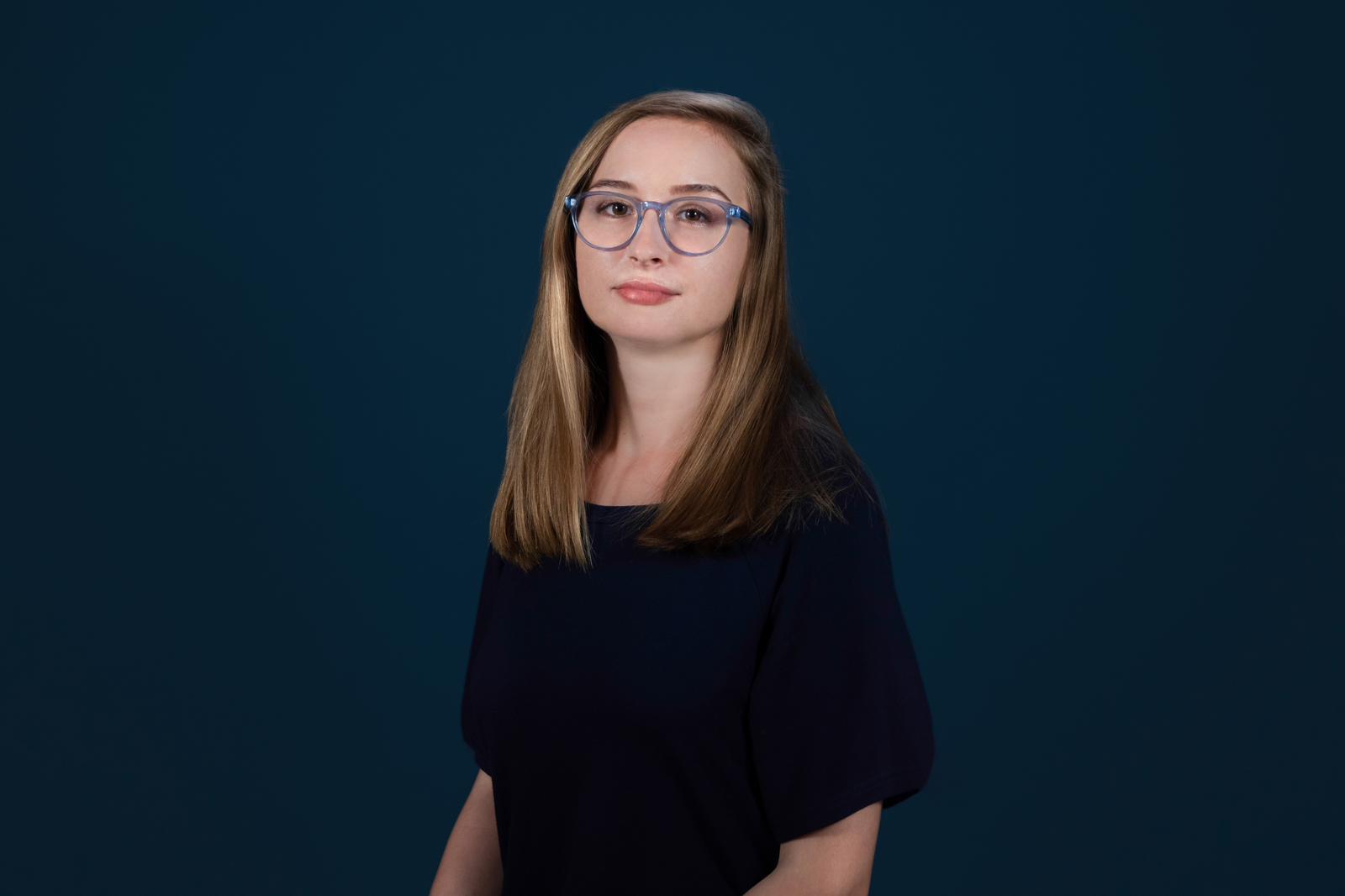
Tetyana Boklach, who graduated with a bachelor’s degree in graphic design from the New World School of the Arts last April, recently returned to Warsaw to meet with her mother and grandmother who remain in Western Ukraine.
“I don’t take anything for granted,” Boklach said. “I’m thankful for my family because you don’t know what can happen the next day.”
Their hometown, Chernivtsi, has become the epicenter for non-profit organizations like World Central Kitchen to provide free meals to refugees. Boklach has also donated to nonprofits like animal shelters, refugee aid and fundraising efforts for military assistance.
Last August, one of Boklach’s close friends died in combat. He had re-enlisted in the Ukrainian army following the invasion despite having already fought in the War in Donbas from 2014 to 2016.
“We are losing our best,” Boklach said. “Roads, bridges and buildings can be rebuilt. We can’t return people.”
Val Zinchenko
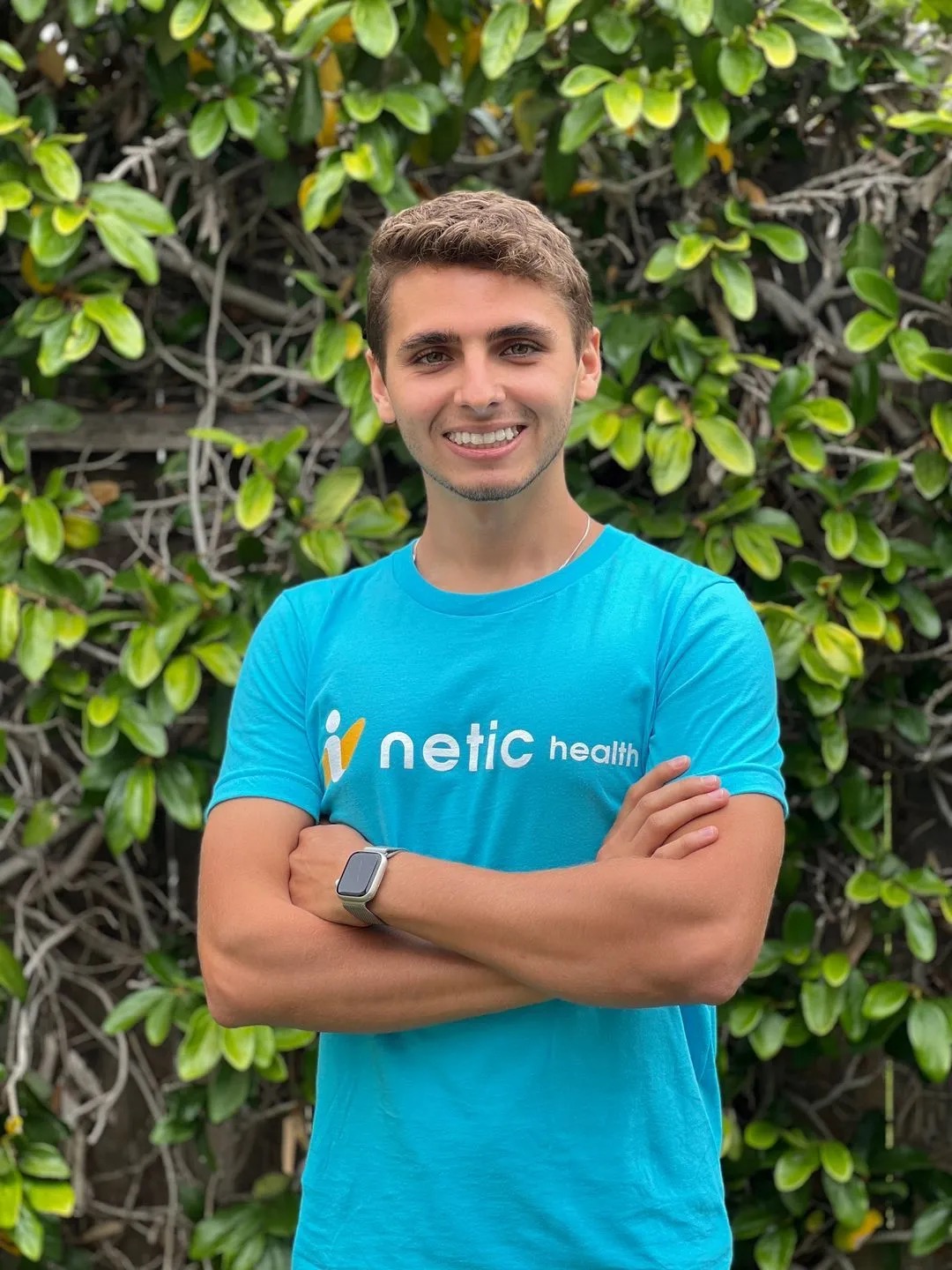
Val Zinchenko, who was studying Spanish at Wolfson Campus when the invasion started, relocated to Wisconsin after completing his studies to work at startup companies promoting finance, physical therapy and real estate.
Hundreds of Zinchenko’s friends from Kharkiv have relocated to Kyiv, Germany and Poland. Some, who lived in the rural outskirts of the city, were forced to flee from areas under Russian occupation.
Zinchenko’s aunt, who remains in Kharkiv, is staying at local bomb shelters to survive the weekly airstrike barrages. She frequently deals with water, electricity and heating shortages.
During the past year, Zinchenko has helped refer people in Ukraine to resources providing food, shelter and transportation. He virtually mentors more than 10 Ukrainians each week, teaching them how to use basic coding skills to create websites.
“The most horrible thing that has happened this year is that everyone’s gotten used to war,” Zinchenko said.
ALL PHOTOS IN THIS ARTICLE WERE PROVIDED COURTESY OF THE STUDENTS
Click here to subscribe to our bi-weekly newsletter, The Hammerhead. For news tips, contact us at mdc.thereporter@gmail.com

